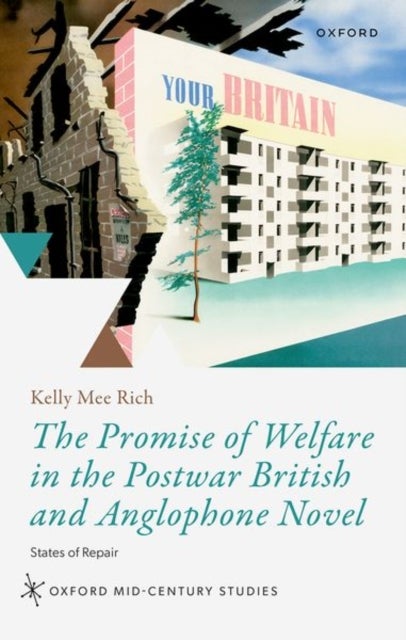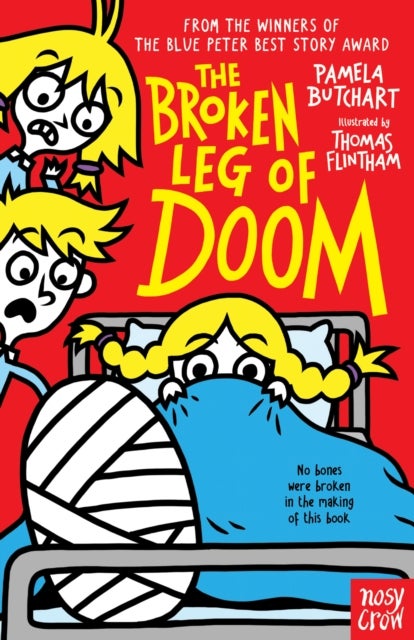
The Promise of Welfare in the Postwar British and Anglophone Novel av Kelly M. (Associate Professor of English Harvard University) Rich
1029,-
The Promise of Welfare in the Postwar British Novel offers a new literary history of the Second World War and its aftermath by focusing on wartime visions of rebuilding Britain. Shifting attention from the "People''s War" to the "People''s Peace," this book shows that literature returns to the historic transition from warfare to welfare to narrate its transformative social potential and darker failures. The welfare state envisioned that managing individuals''private lives would result in a more coherent and equitable community, a promise encapsulated in the 1942 Beveridge Report''s promise of care from the "cradle to the grave." The postwar novel reveals the intimate effects that follow when infrastructures of collective living seek to organize social interaction,tracing these effects through quasi-administrated home spaces such as girls'' hostels, makeshift sanatoria, and experimental schools. Mid-century writers including Elizabeth Bowen, Muriel Spark, and Samuel Selvon used the mili








